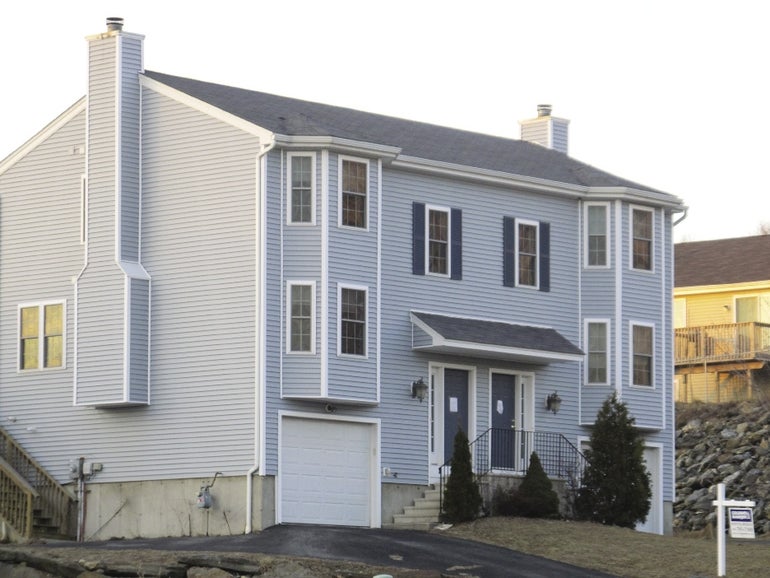With insurance discounts at risk in the new year, the House and Senate whisked legislation through all of its readings Monday and onto Gov. Charlie Baker’s desk.
“Obviously we want people to be able to take advantage of discounts and rebates that would be prohibited by law if we don’t suspend the operation of the current statute,” Senate Minority Leader Bruce Tarr told the News Service after the Senate adjourned on Monday.
The News Service reported Dec. 15 that lawmakers were hearing calls from the insurance industry to take action to safeguard discounts applied to 322,000 vehicles and 142,000 homes in Massachusetts.
At issue is a law, which has been suspended 12 times over the years, that requires 35 percent of employees eligible for a group marketing discount, or credit, to participate in that plan within two years of the plan being organized by an employer, union or other organization and approved by state insurance regulators.
Among states with similar requirements, the 35 percent threshold in Massachusetts is the highest in the nation, according to John Murphy, executive director of the Massachusetts Insurance Federation. Only 5.4 percent of homeowner groups and 11 percent of auto groups would likely meet the requirement, based on state estimates.
According to Murphy, group marketing discounts became popular in the 1990s when rates were set by the insurance commissioner because insurers viewed the discounts as a means of competing for customers. Such discounts have remained a competitive tool since 2008, when the state transitioned to a managed competition model.
Tarr questioned the need for the law.
“I’m re-examining this statute to see why we have it in the first place,” he said. “We’ve suspended it over the last several years, and that to me calls into question the necessity of having it, but for right now we want to make sure people don’t become disadvantaged by our failure to act.”
In a December 2014 report, the Division of Insurance said the original 1973 law “was enacted to bring about lower insurance premiums for personal automobile and homeowners insurance policies.”
In the report, regulators wrote that “the primary purpose of group marketing credits is to attract and retain customers that have predictably lower servicing costs, while the primary function of standard rating factors is to ensure fairness as regards all policyholders based on their risk of a claim under the policy.” The report said the primary purpose of the 35 percent threshold “is to ensure that the premium credits are reasonably supported by marketing expense savings, and are not being used to arbitrarily reduce premiums for ‘preferred’ members of the general insurance buying public.”
The bill cleared the House and Senate during sessions attended by less than a dozen lawmakers.

